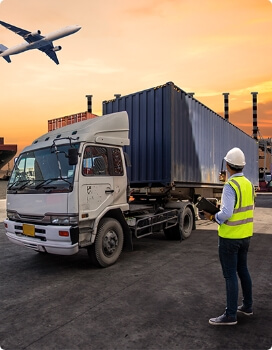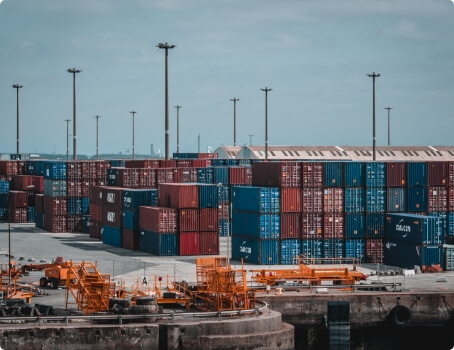

In the world of logistics and trucking, success is not an individual pursuit but a harmonious collaboration between carriers, shippers, brokers, and dispatchers. This intricate dance, when executed flawlessly, can lead to a multitude of benefits for all parties involved. Let’s delve into how these key players can work together to create a more efficient and profitable trucking ecosystem.
1. Carriers: The Backbone of Trucking
Carriers are the workhorses of the industry, responsible for transporting goods from point A to point B. To maximize benefits, carriers must invest in modern technology, maintain their fleets, and ensure their drivers are well-trained. This will lead to increased efficiency, reduced downtime, and improved customer satisfaction. Collaborating with shippers, brokers, and dispatchers for timely updates on shipments can also help carriers plan routes more effectively.
2. Shippers: The Originators of Demand
Shippers, the companies or individuals needing goods transported, have a significant role in enhancing the trucking ecosystem. To make things more beneficial, shippers should prioritize transparency and accurate scheduling, which can help carriers optimize their routes and reduce fuel consumption. A long-term partnership mentality rather than a transactional one can foster better working relationships with carriers, making it a win-win situation.
3. Brokers: The Matchmakers
Brokers play a pivotal role in connecting shippers with carriers, providing a bridge between supply and demand. To make the logistics process more beneficial for everyone, brokers should ensure fair and transparent pricing, clear communication, and reduced bureaucracy. By creating a collaborative and supportive atmosphere, brokers can become trusted partners, rather than mere intermediaries.
4. Dispatchers: The Traffic Directors
Dispatchers are responsible for coordinating the movements of trucks, and their role is essential in optimizing operations. To enhance the trucking ecosystem, dispatchers should use advanced routing and tracking software to reduce idle time and streamline the movement of goods. Effective communication with carriers, shippers, and brokers is key to ensuring that everyone is on the same page and can adapt to changing circumstances promptly.
Making It More Beneficial for All:
Data Sharing and Transparency: All parties should share real-time data on shipments, traffic, and delivery schedules. This transparency ensures everyone is well-informed and can adapt to any changes efficiently.
Technology Adoption: Embrace cutting-edge technology such as GPS tracking, telematics, and blockchain to streamline processes and improve accountability.
Communication: Maintain open channels of communication to promptly address any issues and changes in plans. Effective communication can prevent delays and reduce misunderstandings.
Fair and Ethical Practices: Ensure fair compensation, ethical practices, and adherence to regulations. This creates trust among all parties and promotes long-term partnerships.
Continuous Improvement: Regularly assess and analyze processes for efficiency improvements. Implement feedback loops to make the logistics ecosystem more efficient.
In conclusion, the trucking industry is like a well-orchestrated symphony, where carriers, shippers, brokers, and dispatchers each play their unique part. By working together, embracing technology, and fostering transparency and trust, these key players can create a logistics ecosystem that is more beneficial for all, resulting in increased efficiency, reduced costs, and improved customer satisfaction. When everyone pulls in the same direction, the trucking industry becomes a driving force of economic success.

